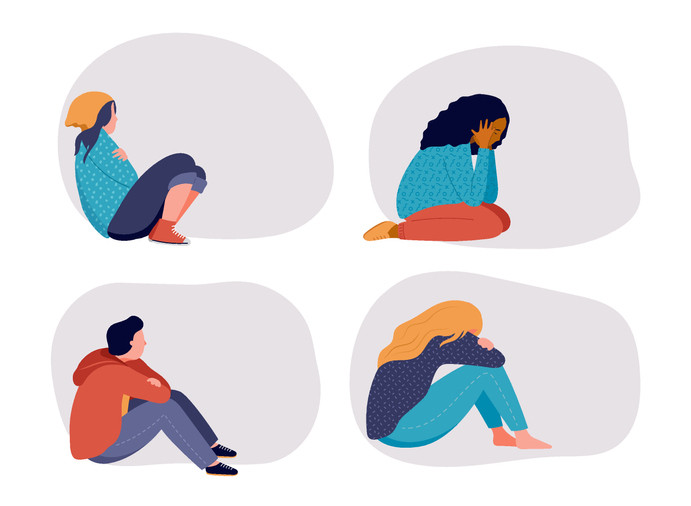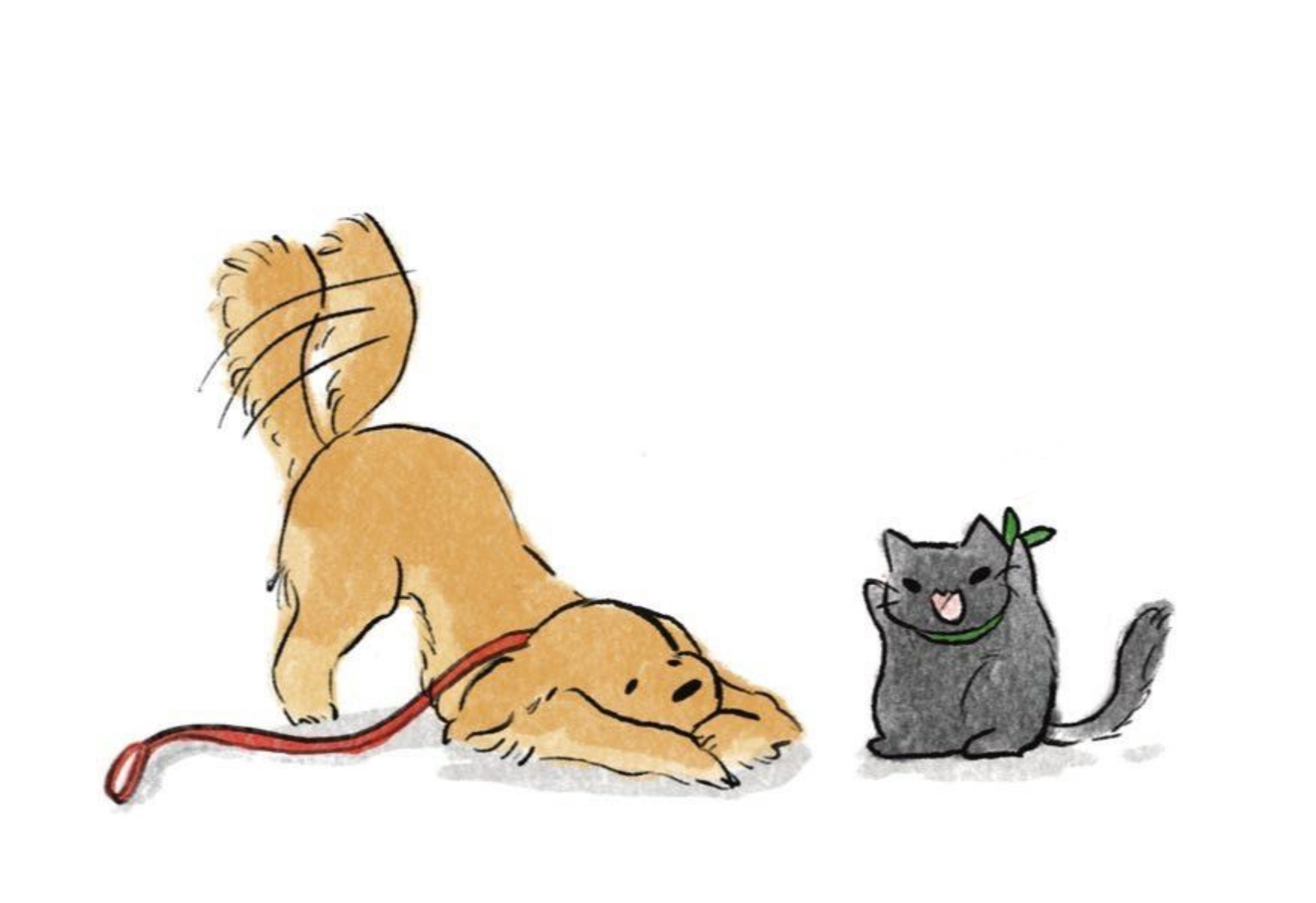
Anya Yang (10) | STAFF REPORTER
Many different things impact a child’s life growing up. Their upbringing: what kind of parents they had, how they were treated by their peers, what socioeconomic status their household was in, and more. However, one often overlooked impact on a child’s personality or behaviour is their name.
A name is an identifier, a sound in the air, a symbol on a page that identifies a person for who they are. Even though names typically stick with people for their entire lifetimes, they certainly aren’t something parents think will change the personality or behaviour of their newborn child. Its personality effects are even less considered by those who are old enough to consider changing them. Despite this, names have more of an impact than you might think.
Our world is full of biases. One could sit down as a job recruiter, look down at a girl named Amanda, and think to themselves, “Amanda sounds like a pretty girl.” Chances are, they’ve most likely had positive relations with people named Amanda in the past, and attributed these good qualities to this stranger. Perhaps they have a daughter named Amanda, or a good friend they met in kindergarten named Amanda.
Or, the job recruiter could have had a childhood bully named Amanda and had terrible experiences with their colleague Amanda who liked to take credit for all their work. One may argue that perhaps, they’ve recognized their biases. Perhaps they’ve seen all the good work this job applicant has put into their resume, and they will try to be as neutral as possible going forward with them.
However, this long-term way of thinking within these lenses of bias, and human biological design forces us to make quick judgements unconsciously. In prehistoric times, this protected us from anything that was considered a threat. However, today, in our everyday lives, these biases do not typically serve the same purpose as keeping us alive. That doesn’t mean they do not exist.
With these tendencies to be biased; to try and group people based on certain observable attributes to try and find patterns within things, it’s no surprise that stereotypes for names exist. With these stereotypes, effects on people’s personalities and behaviours occur as well. This can be proven with the theory of the looking-glass self: people base how they think of themselves on how they think other people perceive them. They utilize social judgements as a mirror to measure themselves.
For example, if a person has been deemed “a bad kid” their entire lives: their grades were so-so, and they hated school so they knew they couldn’t succeed academically. They didn’t like talking to most people, and the only people they felt couldn’t judge them (because they were all in the same boat) were other “bad kids”. They felt like their parents didn’t care, and their teachers had just about given up. They’d received negative social bias their entire lives: all they’ve ever been told is that they were “a bad kid”. And, hey, wasn’t it empirically proven by everything that had happened to them thus far? Aren’t they just… a bad kid?
Now, you may be wondering: names are just a tiny portion of any of this. A kid’s name won’t cause immediate social outcasting and the whole world to reject you.
However, oftentimes, the biggest catalysts for change are small, sometimes insignificant details within people’s lives. A study at the Institute of Psychology in Beijing showed that unpopular names led to strangers assessing them as less “warm” or “moral”, and also were more likely to be involved in crime. More “sonorant” sounding names, that flow easily like “Noelle” compared to abrupt sounding names like “Eric” or “Kirk” lead people to prejudge them as a “more agreeable” person. This prejudging can build up over time, and lead to more cases of the looking-glass self.
A teacher forming racial biases from a student’s name, a child being bullied and becoming an outcast because of their name, each of these events can cause much change to people’s behaviours and personalities.
At the end of the day, most of us reading this article have names already, ones they wouldn’t change. Perhaps they do want to change their name: however, the effects of their name have already made their impact. So, what’s the point of this article? To warn parents from naming their children uncommon names? To make people rethink all the events of their lives based on their names?
The answer is no. The purpose of this article was to educate on all the potential biases we have of others around us and to be more vigilant against them, especially on people’s names. Even if we cannot fully eliminate bias, it is important to at least try. So next time you see a Maria and you think about your third-grade bully with the same name, take extra caution not to pit this against Maria. Instead, give them a fair chance.


